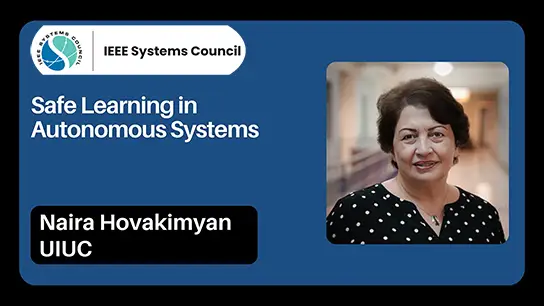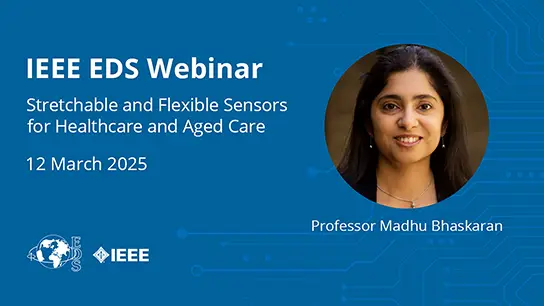Keynote - Fuzzy Control Systems Design and Analysis: Past, Present and Future
Kazuo Tanaka, University of Electro-Communications, Tokyo, Japan;
-
Members: FreeCIS
IEEE Members: Free
Non-members: FreeLength: 00:56:11
19 Jul 2022
Kazuo Tanaka,University of Electro-Communications, Tokyo, Japan;
ABSTRACT: This talk will present advances in fuzzy control systems design and analysis that enabled a shift from model-free control to model-based control. After a brief review of the fuzzy control history, the talk will start from the origin in 1985, when Takagi and Sugeno published their seminal work proposing a new type of control-oriented model representation. The first part of this talk will give an overview of the Takagi-Sugeno fuzzy model-based control approach. A feature of the control approach is that any nonlinearities are completely captured by the Takagi-Sugeno fuzzy models and the nonlinearities are fully embedded into membership functions in the Takagi-Sugeno fuzzy models. The feature renders a simple, natural and effective design procedure as alternatives or supplements to other nonlinear control techniques that require special and rather involved knowledge. This part will mainly review the feature of the Takagi-Sugeno fuzzy model-based control. The second part of this talk will address system-theoretical approaches of controller designs utilizing linear matrix inequalities (LMIs) and more recently sum of squares (SOS). The LMI design approach has enjoyed great success and popularity. However, there exist some drawbacks, e.g., difficulties in casting the control problems in terms of LMIs, conservative nature in some LMI design conditions, to name a few. To overcome the difficulties of the LMI design approach, a new approach based on SOS was proposed as a post-LMI design approach. This part will mainly outline innovative and significant advances in the SOS design approach. The final part of this talk will briefly introduce future applications to real flight control for two types of unmanned aerial vehicles (UAVs) considered to be some of the most challenging nonlinear control problems. Throughout the talk, it will be reflected upon how the fuzzy model-based control approach has enriched the design and analysis of nonlinear control systems by bridging from the “nonlinear” world to the “fuzzy” world.


